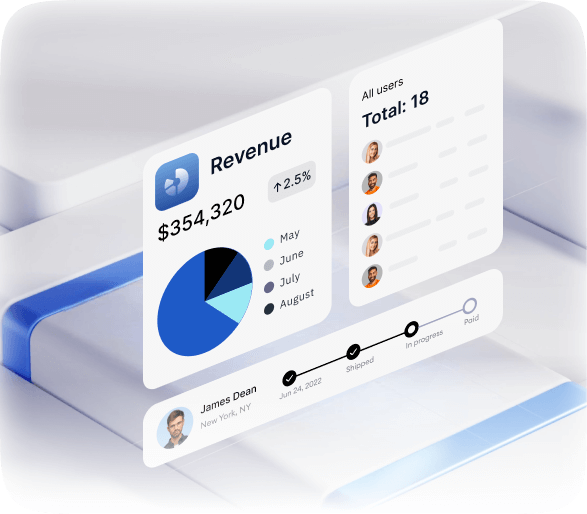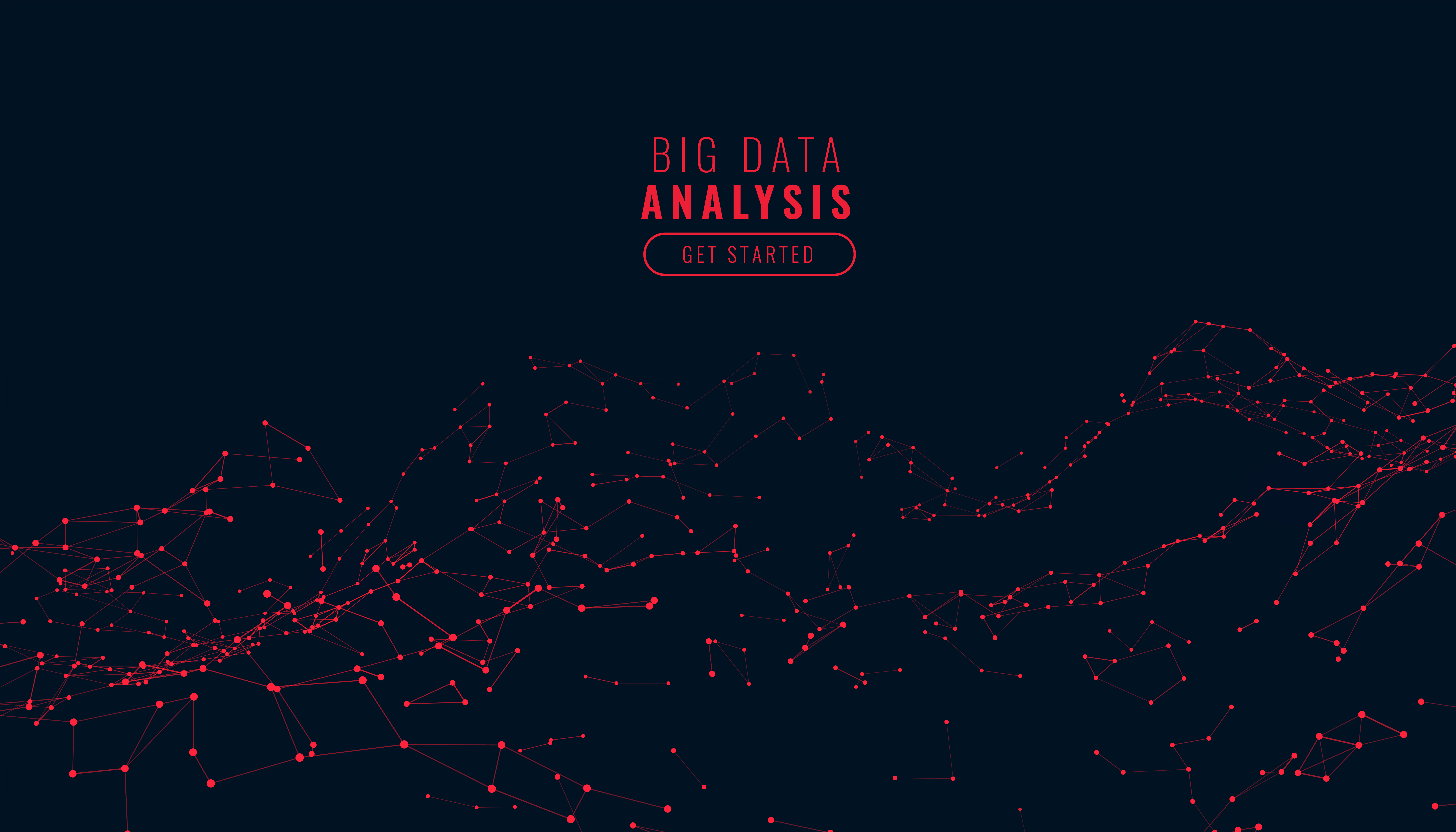Business Intelligence for SMEs: How to Turn Data into Strategic Decisions

In the information age, businesses constantly generate data: sales, customers, marketing, operations. For SME leaders and department heads, the real challenge isn't accumulating data, but extracting intelligence from it. Business Intelligence (BI), once reserved for large corporations, is now an essential tool for SMEs to transform mountains of numbers into clear, actionable strategic decisions.
This article breaks down how SMEs can adopt BI without huge investments, and how automation is the engine that makes it possible, allowing you to move from intuition to certainty in your decision-making.
TABLE OF CONTENTS
- Why Your SME Needs Business Intelligence (and not just Excel spreadsheets)?
- The 3 Pillars of BI in a Growing SME
- The Crucial Role of Automation in Your BI Strategy
- Accessible BI Tools for SMEs
- The Real Impact: From Visibility to Competitive Advantage
- Conclusion: Your Data-Driven Future
Why Your SME Needs Business Intelligence (and not just Excel spreadsheets)?
Many SMEs rely on spreadsheets and manual reports to analyze their data. While useful, this approach has severe limitations:
- Lack of Integration: Data is often scattered across different systems (CRM, ERP, accounting, marketing, social media).
- Outdated Information: Manual report generation is time-consuming, and information can be obsolete by the time a decision needs to be made.
- Difficulty Identifying Patterns: It's complex to see significant trends or correlations in large volumes of data without specialized tools.
- Human Biases: Manual reports can be subject to errors or subjective interpretations.
Business Intelligence integrates, processes, and visualizes this data coherently, offering a real-time panoramic view that drives agility and strategy.
The 3 Pillars of BI in a Growing SME
An effective BI strategy for SMEs is based on:
1. Data Collection and Consolidation
Integrating information from all relevant sources (sales, marketing, finance, operations, web). It is the foundational step for having a "single source of truth."
2. Analysis and Visualization
Transforming raw data into interactive reports and dashboards. Tools like Google Looker Studio (formerly Data Studio) or Power BI allow you to create visualizations that reveal insights simply and clearly.
3. Data-Driven Decision Making (Action)
The ultimate goal of BI. Using insights to optimize marketing campaigns, improve products, adjust sales strategies, predict trends, or identify new business opportunities.
The Crucial Role of Automation in Your BI Strategy
This is where Solumize's expertise comes into play. Automation not only frees up time but is the catalyst for making BI an accessible and effective reality for any SME.
- Automated Data Collection: Eliminates manual data entry, automatically syncing information from your CRM, ERP, marketing platforms (like the one powering your Elevatta Landing Page), and web analytics tools (GA4).
- Simplified Data Preparation: Automated processes to clean, transform, and structure data, ensuring its quality for analysis.
- Real-time Report and Dashboard Generation: Set up flows so your dashboards update automatically, giving you an up-to-date view of your business without manual effort.
- Smart Alerts: Automate notifications when certain key metrics reach predefined thresholds (e.g., sales drop, cost increase), allowing you to react proactively.
With automation, your BI ceases to be a one-off project and becomes a dynamic system that constantly feeds you intelligence.
Accessible BI Tools for SMEs
You don't need to invest thousands of dollars in complex platforms. Powerful and affordable options exist:
- Google Looker Studio (formerly Data Studio): Free, cloud-based, and integrates seamlessly with other Google products (GA4, Google Sheets). Excellent for creating visual dashboards.
- Microsoft Power BI: A robust tool with a free desktop version and affordable cloud plans. Great for more complex data models.
- Tableau Public: A free version of Tableau for public data, useful for learning and initial visualizations.
- Custom Dashboards via Automation Platforms: Tools like Make.com or Zapier can feed data into custom dashboards built in Google Sheets, providing tailored insights without dedicated BI software.
The Real Impact: From Visibility to Competitive Advantage
Implementing BI in your SME offers tangible benefits:
- Increased Efficiency: Reduce time spent on manual reporting.
- Improved Financial Performance: Identify cost savings and revenue opportunities.
- Better Customer Understanding: Personalize experiences and improve retention.
- Agile Decision Making: Respond quickly to market changes.
- Enhanced Competitive Advantage: Stay ahead by leveraging data that your competitors might be ignoring.
BI transforms your business from reactive to proactive, allowing you to not just see what happened, but to understand why it happened and predict what will happen.
Conclusion: Your Data-Driven Future
Business Intelligence is no longer a luxury for large enterprises; it's a necessity for any SME serious about growth. By leveraging automation, you can implement powerful BI solutions that empower you to make smarter, faster, and more effective strategic decisions.

If you're ready to stop guessing and start knowing, Solumize can help you design and implement a BI strategy tailored to your business, integrating your data sources and automating your reporting. It's time to build your future on solid, data-driven ground. Contact us today to learn more!




